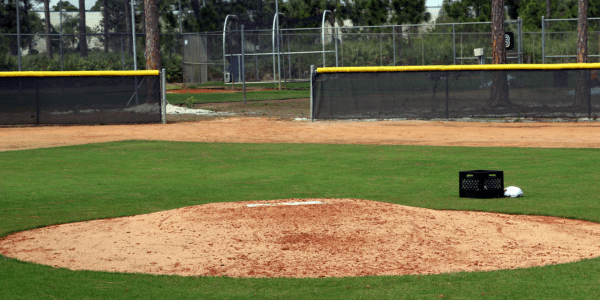
What coaching style best contributes to an athlete’s success?
Due to the various personalities of coaches and athletes, team dynamics, and individual learning styles, there is no one-size-fits-all approach to coaching.
However, certain coaching styles can, without a doubt, hurt a player’s athletic and personal development.
For example, the following coaching styles tend to demotivate and hinder an athlete’s development:
- Authoritarian – Coaches who employ a dictatorial style stifle an athlete’s growth, creativity, and enthusiasm. In addition, coaches who frequently yell can push an athlete out of sports altogether.
- Overly Critical – Coaches who consistently criticize their athletes cause them to fear making mistakes, which undermines athletes’ confidence, self-esteem, and motivation.
- Overemphasis on Winning – Coaches who only focus on winning place excessive pressure and stress on their athletes. This style of coaching often neglects the development of fundamental skills.
- Unrealistic Expectations – Coaches who set unrealistic performance expectations for their athletes set their players up for failure. Playing under excessive expectations creates a stressful environment, causing athletes to consistently under perform.
While coaching styles vary, there are several common characteristics among positive and effective coaches.
* Positive Leadership – Effective coaches lead by example. These coaches walk the walk and demonstrate positive behavior.
* Open Communication – Effective coaches communicate with their athletes, conveying messages, feedback, and instruction in a clear and non-threatening manner. In addition, effective coaches listen to the needs and concerns of their athletes.
* Motivation – Successful coaches know how to motivate their athletes to give their best effort, both in practice and during competitions.
Effective coaches motivate their athletes by setting challenging but achievable training goals, providing positive reinforcement, and fostering a healthy competitive environment within the team.
* Supportive – Effective coaches recognize their athlete’s individual needs and challenges. In addition, effective coaches genuinely care about their athletes’ well-being on and off the field.
* Flexibility – Effective coaches understand each athlete is unique. Athletes have different learning styles. Effective coaches adjust their coaching style to meet the needs of their athletes.
During the 2023-24 season, NBA guard Buddy Hield averaged 12 points per game with the Indiana Pacers. After being traded midseason to the Philadelphia Sixers, Hield has averaged 22.3 points per game in his first four games.
Hield has credited Sixers head coach Nick Nurse for the offensive freedom to be himself without worrying about making mistakes or looking over his shoulder.
HIELD: “A coach that knows his players and gives you an opportunity to play and have fun, and you play free. He’s not down your neck, breathing, and shouting at you, and playing for coaches like that is fun. He makes the game so enjoyable to play in, and he gives you confidence.”
“He lifts you up and playing for a coach like that, you don’t have nothing to worry about like ‘Oh, I wonder what coach is thinking, or is that a good shot or bad shot?’ He wants you to be aggressive, and that’s fun.”
Effective coaching requires a balance between firmness, encouragement, healthy feedback, and a positive team culture.
When coaches adapt to meet the diverse needs of their athletes, they foster their athlete’s development, create a positive learning environment, build team cohesiveness, and improve the team’s overall performance.
Examine your coaching style. Just as you identify areas your athletes can improve, select two areas of your coaching that you can develop to become a more effective coach.
As you improve, so will your athletes and your team’s performance.
Related Sports Psychology Articles
- How to Resolve Conflicts with Your Teammates and Coaches
- Why Should I Work with a Mental Performance Coach?
- Distracting Parents Who Coach from the Side – Video
The Relaxed Athlete (Digital Download)

“The Fearless Athlete” audio and workbook program helps you overcome fear and anxiety to perform with trust and confidence. Learn how to overcome the mental handcuffs of perfectionism and fear of failure, leading you to perform with unshakeable trust in your skills.
With the use of the ‘The Fearless Athlete’ and ‘Ultimate Sports Parent’ workbooks, I see subtle but significant results in a short period of time. My young athlete did not even know about positive self-talk until we started the program.”
~Adam, Sports Parent
